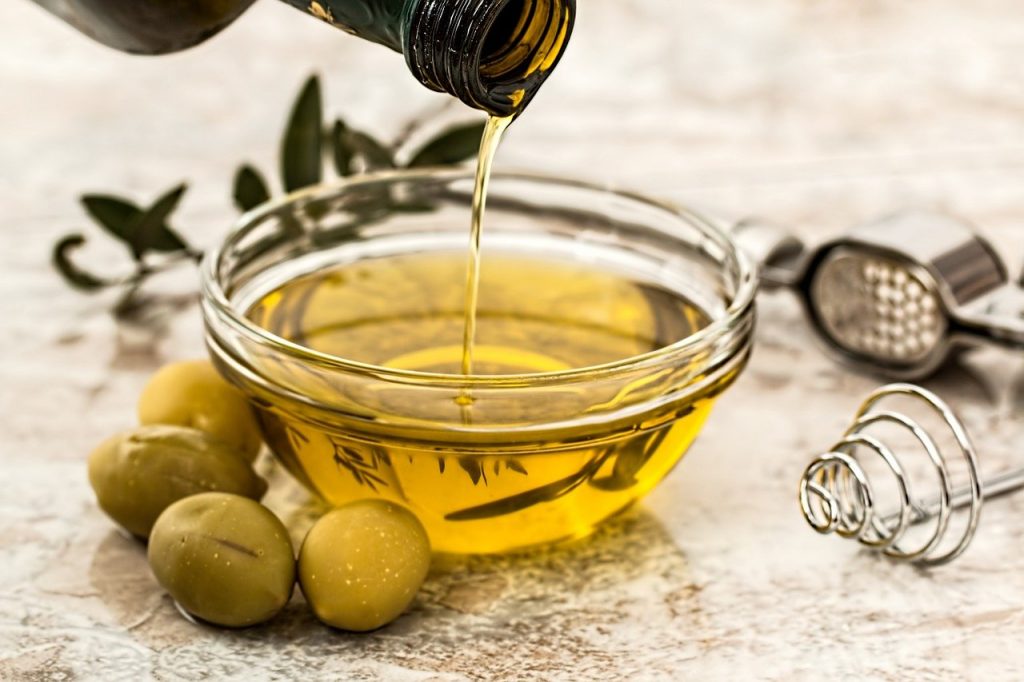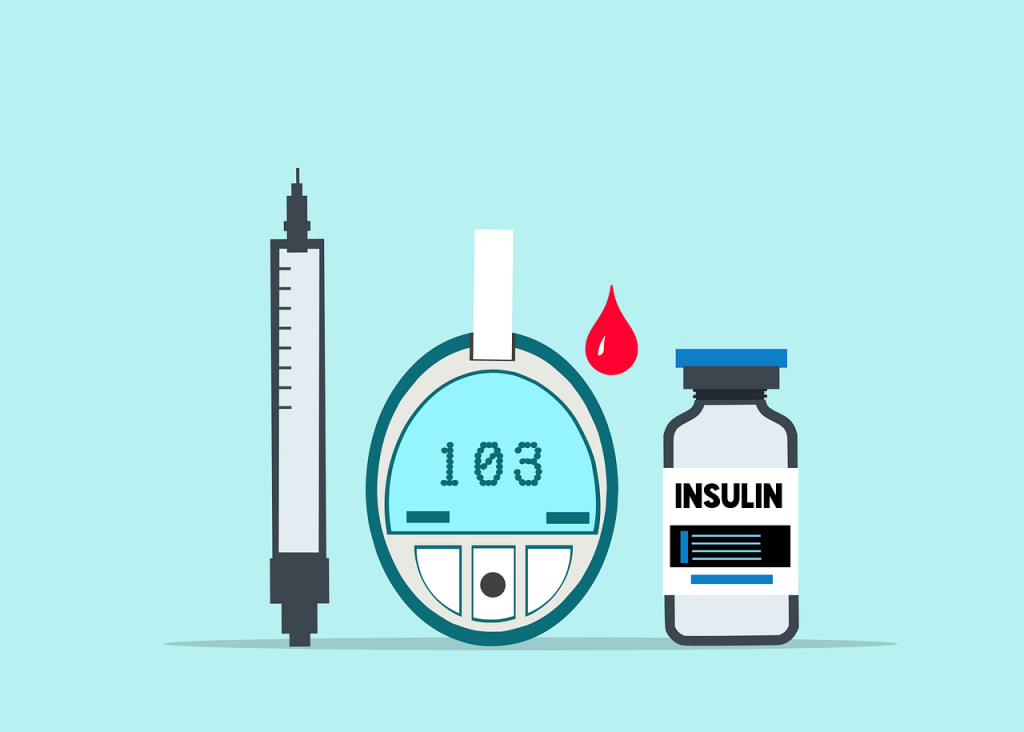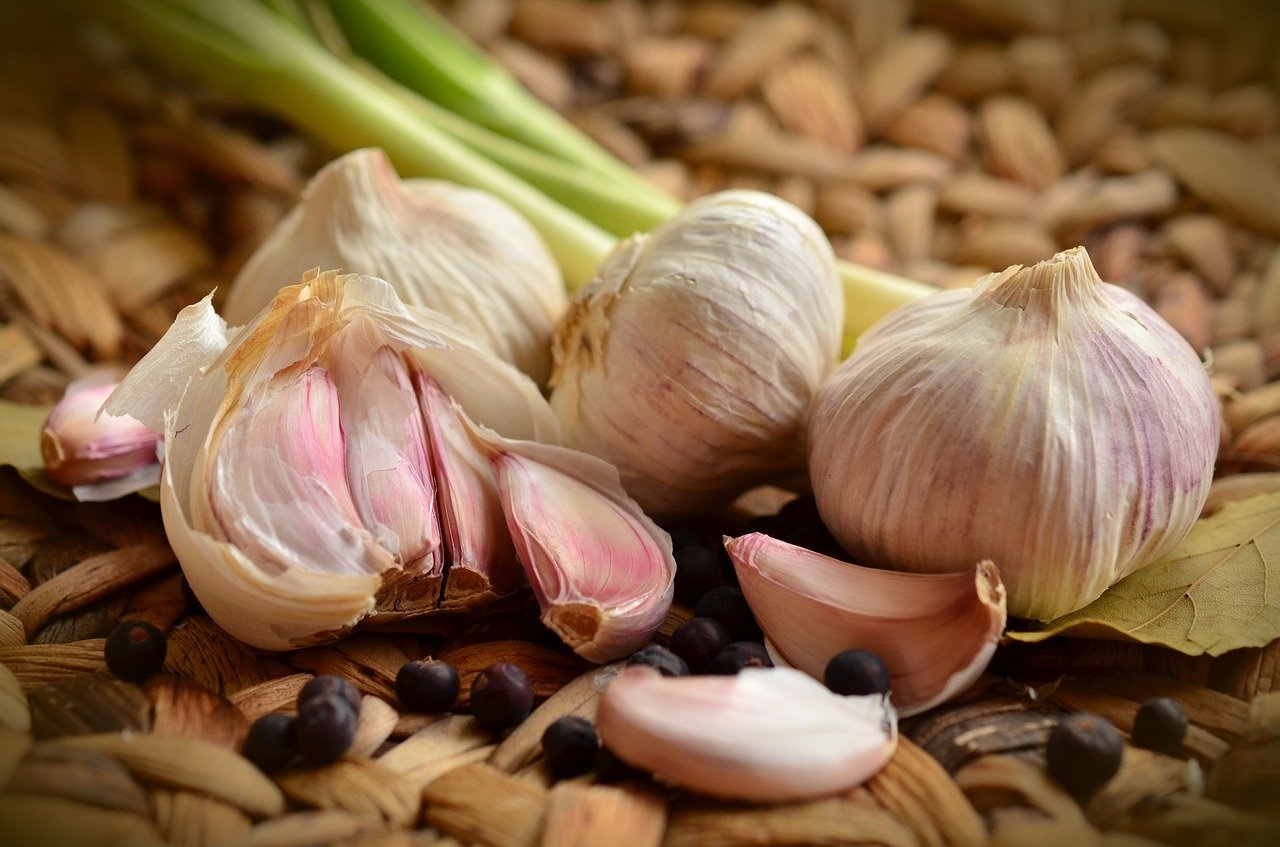
Introduction: Unveiling the Magic of Fennel Seeds
Welcome to the definitive guide on fennel seeds, an ancient spice that’s making a revolutionary comeback in the world of health and fitness. Not just a culinary delight, these small seeds are a powerhouse of nutrients and health benefits, particularly effective in aiding weight loss. Let’s embark on a journey to discover how this humble spice can be a game-changer in your health regimen.
Nutritional Profile: A Treasure Trove in a Tiny Seed
Fennel seeds are a marvel of nature, densely packed with nutrients yet low in calories. Each seed is a mini-nutrient factory:
- Fiber: Essential for digestive health, fiber in fennel seeds helps keep you full, reducing the urge to snack.
- Vitamins: Rich in Vitamin C, essential for immunity and skin health, and a range of B-vitamins.
- Minerals: Abundant in minerals like calcium, essential for bone health; iron, crucial for blood health; and magnesium, necessary for nerve and muscle function.
Digestive Health: The Cornerstone of Effective Weight Loss
Digestive health is crucial for weight loss, and fennel seeds excel in this aspect. They have been traditionally used to:
- Alleviate Digestive Issues: Their carminative properties reduce bloating and gas, making your weight loss journey more comfortable.
- Enhance Nutrient Absorption: Improved digestion means more efficient nutrient uptake, crucial for maintaining energy levels while losing weight.
Boosting Metabolism and Appetite Control
Fennel seeds are not just about aiding digestion; they are also potent metabolism boosters:
- Metabolic Enhancement: The essential oils in fennel seeds, particularly anethole, are known to stimulate the metabolism, aiding in faster calorie burn.
- Natural Appetite Suppression: The high fiber content in fennel seeds contributes to a feeling of fullness, helping you control portion sizes and reduce calorie intake.
Incorporating Fennel Seeds in Your Diet: A Culinary Adventure
Fennel seeds are versatile and can be included in your diet in various creative ways:
- In Breakfasts: Sprinkle toasted fennel seeds over oatmeal or mix them into your morning smoothie.
- In Main Courses: Add a flavorful twist to your dishes by incorporating fennel seeds into stews, soups, and curries.
- As a Refreshing Beverage: Fennel tea is a great way to digest and relax after meals. Boil water with a teaspoon of fennel seeds, steep, strain, and enjoy.
Cautions and Considerations
While fennel seeds are generally safe, there are some considerations:
- Pregnancy and Hormonal Conditions: Due to their phytoestrogen content, pregnant women and those with hormone-sensitive conditions should consult their healthcare provider.
- Allergies: If you have allergies to carrots or celery, exercise caution as fennel seeds belong to the same family.
Conclusion: Fennel Seeds – A Simple Step to a Healthier You
Fennel seeds offer a simple yet effective way to enhance your weight loss efforts. By incorporating these seeds into your daily diet, you can enjoy their flavor and reap their numerous health benefits. Remember, the key to successful weight loss is a balanced approach that includes a healthy diet, regular exercise, and the addition of beneficial spices like fennel seeds.
Embark on your journey to wellness with fennel seeds today and feel the difference! 🌿✨💪
FAQs
- What are the primary health benefits of fennel seeds?
- Fennel seeds aid in digestion, boost metabolism, and help suppress appetite. They are also rich in fiber, vitamins, and minerals which contribute to overall health.
- Can fennel seeds help in weight loss?
- Yes, their high fiber content and metabolism-boosting properties can assist in weight management by promoting satiety and increasing calorie burn.
- How can I incorporate fennel seeds into my diet?
- Fennel seeds can be added to salads, soups, and baked goods. They can also be brewed as tea or used in smoothies.
- Are there any side effects of consuming fennel seeds?
- Generally, fennel seeds are safe, but excessive consumption may lead to allergic reactions or interact with certain medications.
- Is it safe for pregnant women to consume fennel seeds?
- Pregnant women should consult their healthcare provider before consuming fennel seeds, as they can have estrogen-like effects.
- How much fennel seed should I consume daily for health benefits?
- About 1 tablespoon per day is generally considered safe, but individual needs may vary.
- Can fennel seeds be consumed raw?
- Yes, fennel seeds can be consumed raw or toasted, depending on your preference.
- Do fennel seeds have anti-inflammatory properties?
- Yes, fennel seeds have anti-inflammatory properties, making them beneficial for reducing inflammation-related discomfort.
- Are fennel seeds suitable for people with diabetes?
- Yes, the fiber in fennel seeds can help regulate blood sugar, but it’s advisable to consult a healthcare professional for individual advice.
- Can fennel seeds improve digestion?
- Yes, they are known to aid in digestion and can help alleviate bloating and gas.
Blog Tags for the Post: fennel seeds, weight loss, health benefits, natural remedies, wellness, healthy eating, nutrition, digestive health, metabolism booster, dietary fiber

















